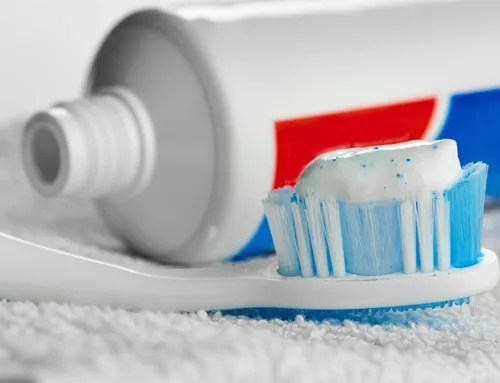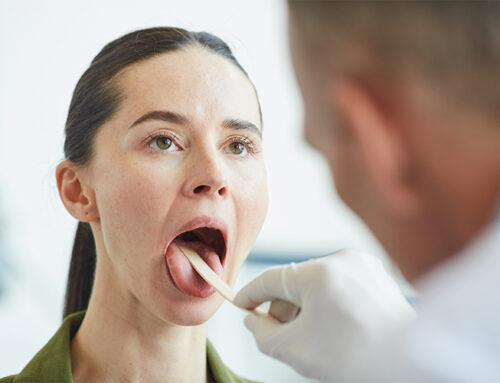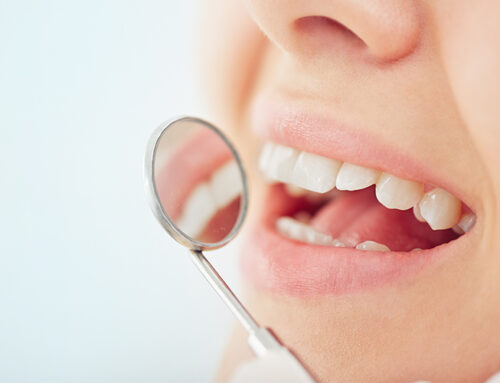5 Things Every Parent Needs to Know About Baby Teeth
February 19, 2021
As a new parent, you’re likely to have a ton of questions about the growth and development of your baby, including questions about the formation and growth of your child’s baby teeth.
These little chompers are critical for holding space needed for adult teeth, are essential in forming facial structure, and they help your child with their speech skills.
While it is important to ask your pediatric dentist about concerns and questions surrounding your baby’s teeth as they develop, here are some basics to get you started.

1. Most babies develop teeth between 6-12 months of age
You can expect your baby’s teething process to begin anywhere between 6 months and 12 months of age. Look for excessive drooling, red and swollen gums, cheek rubbing, fretful behavior, or a mild fever.
2. You can soothe teething pain with gum massages, acetaminophen or something cold
When the teething process begins, your child may experience a whole host of symptoms, from sore gums that are inflamed to irritability. They may gnaw and chew on items more, drool more, rub their ears, or have flushed cheeks.
To help with this, massage their gums to provide instant relief, use a cold compress or teething ring to reduce swelling and inflammation. If your dentist says it’s okay, you may also use acetaminophen to help with the pain.
3. Use a pea-size amount of fluoride toothpaste, twice a day on teeth
As soon as the first tooth appears, you can begin brushing your baby’s teeth with a soft-bristled brush and water. When your child understands not to swallow the toothpaste (around age 2), you can gently brush their teeth with a pea-sized portion of fluoride-containing toothpaste.
This will strengthen their teeth and repair areas that have been exposed to acidic foods.
4. When the first tooth erupts, book a dental appointment
As soon as the first tooth breaks the gum line, book an appointment with your pediatric dentist to have your child’s jaw, gums, and teeth looked at. The dentist will be able to do an initial exam and determine whether the tooth is coming in as it should be – not crooked or broken.
Beyond this, by bringing your child to the dentist between 6-12 months of age, you can get them used to the dentist early on which can positively impact both their oral health by catching problems early, and encourage them to visit as they get older.
5. A balanced diet will contribute to healthy baby teeth
A balanced diet that is rich in fruits, vegetables, meats, and grains will help protect against oral cancer and will ensure that the teeth are getting the nutrients they need to become strong. Without access to the right nutrients, teeth and gums are more easily susceptible to gum disease, tooth decay, and inflammation.
Avoid processed foods and food items that have added sugars in them, as this can cause oral cavities and premature tooth loss.
Also avoid prolonged exposure to sugary liquids such as fruit juice, sweetened water, or formula.
If you are ready to book your child’s first dental appointment contact us or give us a call at (813) 333-1922.








